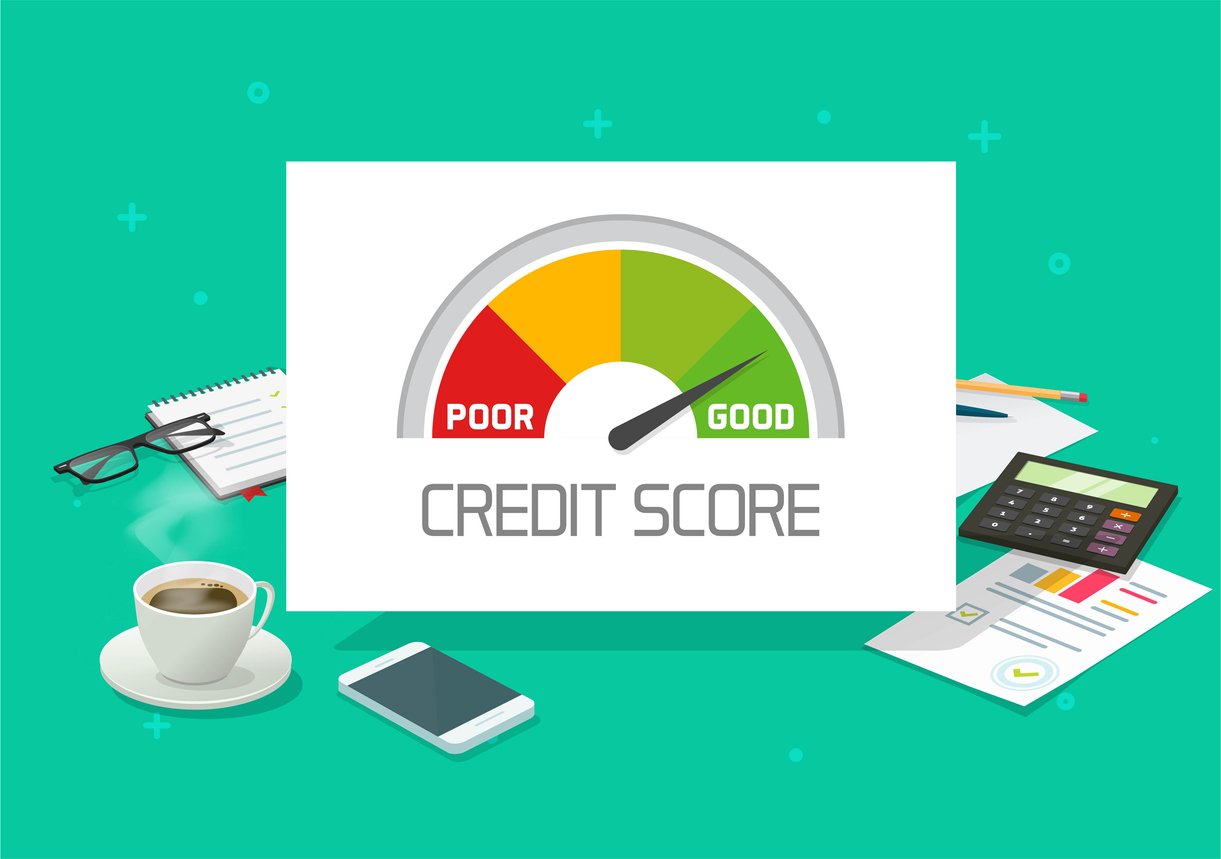With interest rates on the rise, but still considerably less than they were for many years, now may be the time to consider rolling some of your high-interest revolving credit card debt, or other loans, into something with a lower interest rate.
Homeowners have several options to consider when it comes to tapping into their home equity or refinancing a mortgage. Three popular lending options are refinancing an existing mortgage, seeking a home equity loan or a home equity line of credit, also known as a HELOC, for short.
Here’s a primer on these types of loans:
Mortgage refinance
You may consider refinancing a mortgage if you could pay a lower interest rate on a home loan than you are paying now. For example, if you are paying, say, 7% or more on a home loan when you could qualify for a rate as low as 6%, depending on your credit score and other factors, it would make sense to run the numbers. To do this, determine how much you would spend on the new closing costs a refinance often incurs. Split that fee into monthly increments for the length of time you plan to live in your home with the new loan rate. Once you have that figure, see if it makes sense to refinance. You are looking for a new monthly payment that is less than what you now pay, even when you add in the closing costs and any other fees.
Home Equity Loan
This is a fixed-rate loan where homeowners are able to take out money in a lump sum, and then begin paying it back immediately. It’s smart to shop around for this kind of loan – check with your local bank or credit union. You can also quickly check a website such as bankrate.com to get an idea of the most up-to-date information on the lowest rates available. Many U.S. lenders allow you to borrow up to 80% of a home’s equity, which means the value of your home less the amount you still owe on the mortgage.
Home Equity Line of Credit (HELOC)
A HELOC is a type of home equity loan with a variable-rate, often tied to the prime rate. This means when interest rates rise, so will most monthly payments. With many HELOC loans, money can be withdrawn as needed, instead of getting it all at once. This can be helpful when you are remodeling a home or condo, and don’t need a lump sum. Plus, you are only obligated to pay back the money you take out, and, of course, are charged interest only on the money you use. Similar to home equity loans, a HELOC can be difficult to qualify for without substantial equity in your home. Again, compare interest rates. In mid-September, the average rate for a HELOC was 6.51%, according to bankrate.com. To qualify for the best rates, you’ll need a higher credit score and a low income-to-debt ratio among other factors.
Oftentimes, homeowners consolidate several high-interest loans into something more manageable by using a home equity loan or HELOC. Then they can take the new, less expensive loan and use it to pay off credit cards, vehicle loans, student debt, and other loans that have higher interest rates. This can be a solid way to reduce your monthly spending.
A word of caution
Before you consolidate, especially if you decide to transfer your credit card debt into any form of home equity loan, it’s important to understand you are taking an unsecured debt (where if you default, you will only see a hit on your credit score), and turning it into a secure debt (where not paying the loan back means the lender can foreclose on the asset associated with the loan). If you default on the secure debt, by not paying it back, a lender can take your home. You will need to be sure you can stay strong and not charge up a storm on your credit cards after a consolidation. If you start going on spending sprees after refinancing old debt, you’ll likely end up in worse financial shape than before.

Mortgage Loan Officer
NMLS #1227394
(360) 426-1601 ext.3162
[email protected]
This post was published in partnership with our partner SavvyMoney. Original author: Jean Chatzky



